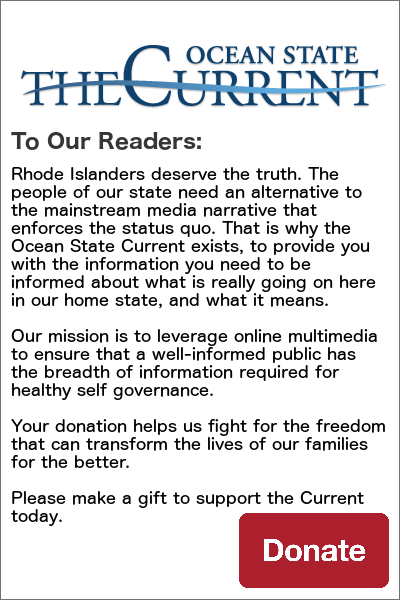A Spectrum for Converting Secular Society
Conservative writer Rod Dreher has set in motion a rolling question among American Christians with his articulation of the Benedict Option, whereby Christian families make some effort to insulate themselves from a society that seems increasingly hostile to their beliefs. The archetype is an Oklahoma village near a monastery in which some households seek to live off the land and go without modern appurtenances like television and the Internet.
Mary Rezac, of the Catholic News Agency (CNS), expands the possibilities, looking at other ways Catholics, in particular, work to reinforce their religious communion. Personally, the approach that Rezac places under “Ecclesial Movements” resonates most strongly with me. Holly Peterson, the director of communications for a group called Communion and Liberation, says her group “desires to dive into the deep end of the pool. We want to be present where people are suffering.”
Sister Mary of the Visitation, a member of another such group, phrases her concerns in terms of its effect on people choosing the Benedict Option:
… she understands the Benedict Option desire to preserve the good, and to separate oneself from evil. Preserving oneself from too much T.V., or other inappropriate media, is a good thing, she said.
But she also worries that the Benedict Option may look at those in the world as “other,” rather than as brothers and sisters.
Naturally, that possibility has negative effects in both directions. That is, both the Christians and people in the secular world see each other as “others.” We’re called to convert the world, and shutting ourselves off from it is, at the least, a self-limiting approach.
Silly or superficial as it may sound, my own conversion experience relied heavily, at first, on pop/rock stars who were at least open to faith, such as George Harrison and Cat Stevens. I’m therefore aware of how important it is for the world to provide a gradual spectrum.
Of course, deliberately choosing to be on the periphery of that spectrum can be a self-excusing limitation, leaving one vulnerable to diversion. The key, it would seem, is to strive to be reflective about where one is currently, deliberate in one’s choices, and ever focused on the direction of growth.


